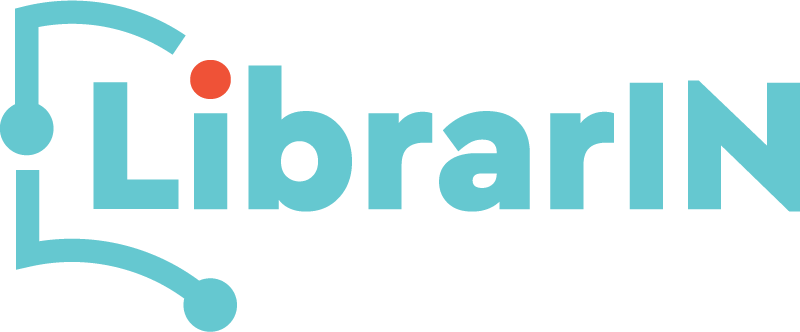The work of the LibrarIN project is organised around six work packages and is founded on three pillars:
- Conceptual framework & metrics (WP2 & WP4)
- Thematic & empirical work on selected co-creation areas (WP3)
- Collaboration with stakeholders and policy recommendations (WP5 & WP6)
This work package aims to: (i) Identify and extract the reasons why libraries are investing in digital transformation activities, the goals and expected outcomes, the drivers for digital transformation, changing internal mindsets and culture. The goal is to redirect library design and implementation paradigms away from their own internal logic and toward a human centered design that moves the citizen into the center of the design process; (ii) Create international cases of digital transformation describing relationships to stakeholders, especially to the contracting industry, and change acquisition routines and policies; (iii) Map libraries’ experiences as hubs for social entrepreneurs and public service innovation networks (PSINs) across the different European countries; (iv) Derive theoretical implications for Public Service-Dominant Logic (PSDL) and multi-agent frameworks; (v) Derive measurements, and managerial and political implications from actual cases; (vi) Investigate the concept and method of innovation and living labs and how innovation and living labs (and other participatory and experimental methods) are used in libraries to enable value co-creation based on co-innovation of public library services.
WP4 aims to measure and monitor transformative innovation in libraries with a focus on digital participation and digital engagement. In addition to analysis of publicly available data and case studies, it includes a large-scale survey of library managers responsible for innovation projects. The survey (conducted across Austria, Belgium, Denmark, Finland, France, Germany, the Netherlands and Spain) will focus on the use of collaboration and co-creation in innovative projects to produce policy-relevant metrics of co-creation activities. It will also analyse the factors that influence how collaboration occurs, the uptake within libraries of digital participation and digital engagement models,, the roles of different private and public sector partners in innovative library projects, the factors that lead to failure or success, and the impact of value co-creation in libraries.
WP5 aims to ensure information sharing and knowledge flows between research, practitioners and the policy community, and within each community based on peer-to-peer sharing mechanisms. The idea is that stakeholders can be engaged from the very early stages of the project to participate in the coproduction of ideas, approaches and policy outcomes. It aims to enrich the research findings from other work packages with a practice-led perspective on ‘what works.’ To this end, a stakeholders’ panel will be created and a database of good practices based on the ‘what works’.
WP6 aims at disseminating the project results and creating awareness towards the scientific and policy community, stakeholders in general, practitioners and citizens. LibrarIN aims to carry out traditional, large-scale dissemination and communication activities, online and offline. In addition, a sustainability plan will be developed to ensure the long-term sustainability of project results.
